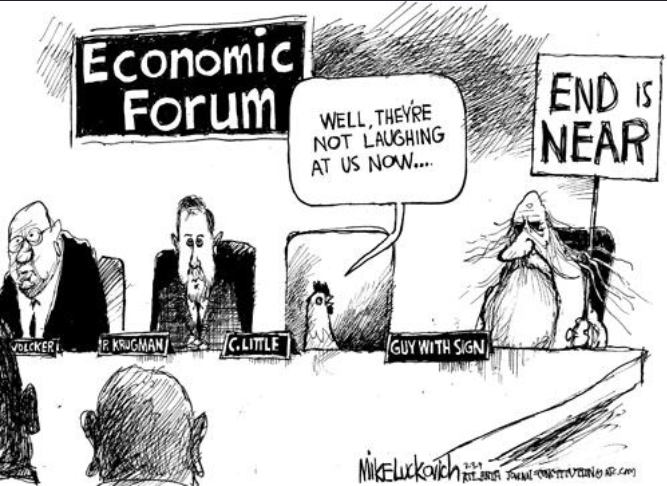 In Neuroplasticity: Your Brain and Your Trading, we will explore how Neuroplasticity can help traders create a more accurate trading system. Neuroplastic is the ability of your brain to adapt to its surroundings and change through experience. Neuroplasticity is an exciting new area of research in which scientists are studying the ways that our brains change over time with various types of input.
In Neuroplasticity: Your Brain and Your Trading, we will explore how Neuroplasticity can help traders create a more accurate trading system. Neuroplastic is the ability of your brain to adapt to its surroundings and change through experience. Neuroplasticity is an exciting new area of research in which scientists are studying the ways that our brains change over time with various types of input.
Mental training has been shown to be a powerful tool in improving performance on tasks from memory recall, math calculations, motor skills, creativity, decision-making, and many others. Neuroscientists have found that mental training increases gray matter volume in specific areas of the brain responsible for those skills.
##What is neuroplasticity and how does it affect trading?:
In the world of neuroscience, babies are like sponges. They process data twice as fast and their brain is still developing due to new neural connections that form in response to stimuli. The thing about brains—they can adapt! Imagine what it would be like if your left speech center was damaged after an accident or stroke; you could learn how to use your right side instead because they’re always adapting with time (talk about a tough feat).
Your brain is more awesome than we even thought: not only does it have all this processing power but also some cells called “mirror neurons” which help us understand other people’s actions by simulating them ourselves–in short, mirror neurons make imitation easy for our children while giving adults empathy skill.
The conventional wisdom once said that we could never recover from the loss of brain cells, but now research has shown that you can grow new ones. For instance, if a senior is injured or ill they will experience significant changes to their neural pathways in response and this makes up for lost neurons by creating more connections between healthy neurons so everything can be sorted out again! (more…)



 Should– Phrases include: “The market should have” and “I should have”. Those phrases are often used to socialize losses. They are a strong signal something is off. They should be used to aid you in correcting your vision not make you feel better.
Should– Phrases include: “The market should have” and “I should have”. Those phrases are often used to socialize losses. They are a strong signal something is off. They should be used to aid you in correcting your vision not make you feel better.
